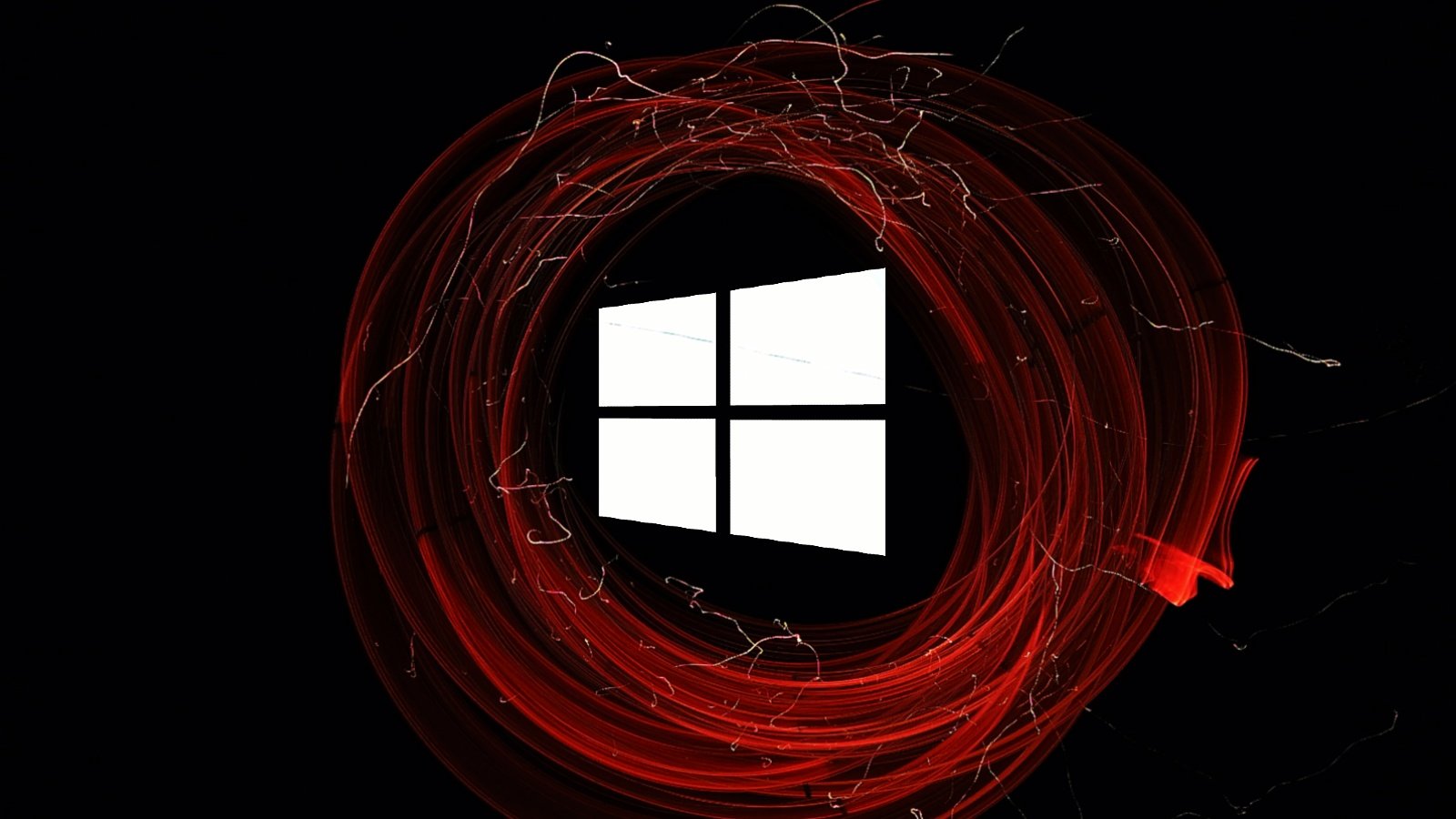From ehackingnews.com

The usage of collaborative applications had been a major victory with the pandemic. That incorporates Microsoft Teams, Google Meets, Zoom, and many others. Indeed, the software on the web makes brainstorming, designing, and collaborating with team members easier for all kinds of concepts.
Milanote is among the most popular apps used in this period. It is recognized as an application for creators to note, compile and collaborate. It is used for sorting notes, gathering ideas, structuring activities – workflows, and much more. Companies mentioned, among many others, like Uber, Facebook, Google, and Nike, use it for their office routine.




